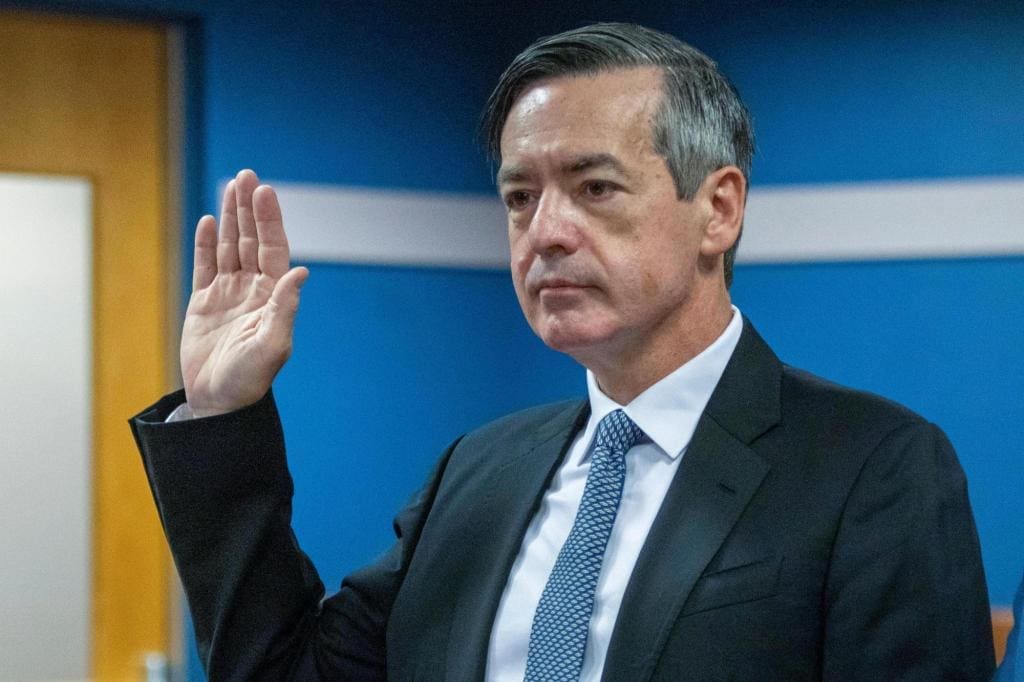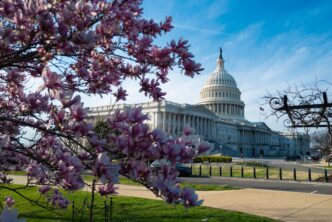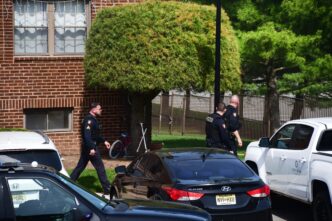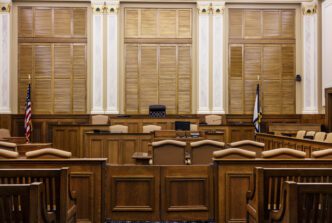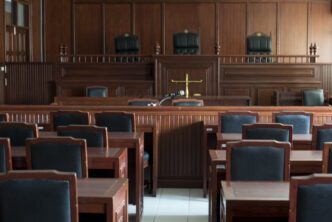Wisconsin prosecutors have intensified legal actions against key figures associated with the 2020 presidential election, filing ten more felony charges against two attorneys and an aide who were part of then-President-elect Donald Trump’s advisory team. This move marks a significant development in the ongoing investigation into allegations of electoral misconduct during the 2020 election cycle.
The individuals facing these charges are Jim Troupis, who served as Trump’s attorney in Wisconsin, Kenneth Chesebro, an attorney who advised the campaign, and Mike Roman, who was Trump’s director of Election Day operations in 2020. Initially, they were each charged with a single felony forgery accusation in Wisconsin back in June. However, the Wisconsin Department of Justice has opted to levy an additional ten felony charges against each of them.
The charges chiefly revolve around alleged forgery actions aimed at misleading ten Republican electors who cast their votes for Trump in the 2020 election. The legal implications of these actions are severe, with each felony charge potentially resulting in up to six years of imprisonment and a $10,000 fine for the accused.
Amidst these developments, attorneys for Troupis, Chesebro, and Roman have yet to respond publicly to these allegations. The charges, however, stand as the sole ones brought in Wisconsin, even though related charges are pending in other states, including Arizona, Michigan, Nevada, and Georgia. Importantly, none of the electors involved have been charged, as many were under the impression their involvement was a legitimate legal safeguard in the event of judicial intervention.
The legal strategy allegedly masterminded by Troupis, Chesebro, and Roman involved creating a document falsely asserting that Trump had secured Wisconsin’s Electoral College votes, subsequently attempting to present these false claims to then-Vice President Mike Pence. This strategy was part of a broader scheme linked to efforts to overturn the 2020 election results, which are also being scrutinized in other legal arenas.
In a recent development, the majority of the electors declared they did not anticipate their signatures being used to officially claim Trump’s victory without court endorsement. This revelation further complicates the narrative surrounding the fake electors scheme, raising questions about the true intentions of those orchestrating the plan.
Troupis has actively sought to dismiss the charges, presenting multiple legal motions arguing procedural and jurisdictional challenges. Among his arguments is the assertion that federal law should override the state charges and that his actions were merely precautionary, contingent on potential Supreme Court rulings. Moreover, he contends that election crime prosecutions should be managed at the county level, not by state authorities, thereby questioning the authority of Wisconsin’s Attorney General, Democrat Josh Kaul, who filed the charges.
The fake elector efforts intersect with a 2023 federal racketeering indictment against Trump, which accused him of seeking to overturn the 2020 election results. Despite the gravity of these charges, Special Counsel Jack Smith recently opted to forgo that case, citing complications should Trump return to office.
Interestingly, the legal troubles extend beyond Wisconsin. Both Chesebro and Roman are implicated in Georgia’s expansive indictment against Trump and others accused of attempting to overturn the election outcome there. Roman, maintaining his not-guilty plea, faces additional charges in Arizona tied to the same suspect schemes, including conspiracy, fraud, and forgery.
Chesebro’s legal journey further highlights the complexity of the charges. After pleading guilty to a felony charge under a deal with Georgia prosecutors, he is now challenging the validity of this plea following procedural changes that could invalidate the original agreement.
The ongoing legal battles faced by former Trump advisors underscore the complexity and breadth of the electoral challenges arising from the 2020 Presidential election. As these cases proceed, they continue to capture public attention, reflecting the persistent legal and political ramifications of the 2020 electoral process.
Source: Sun-sentinel


